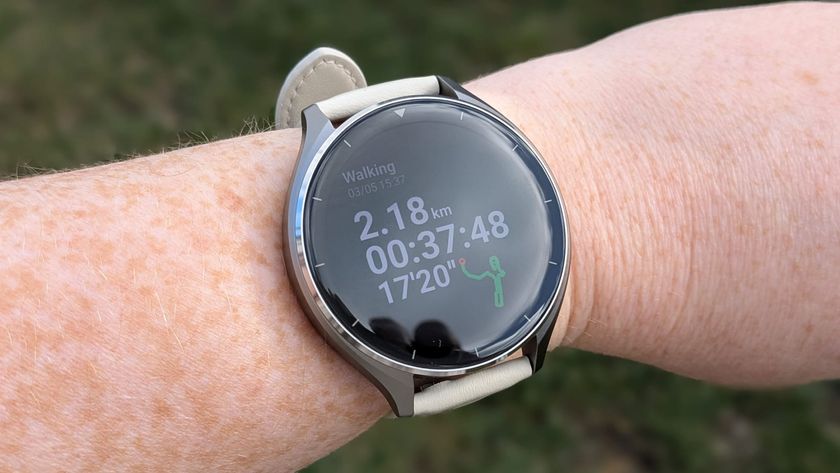Mom's Personality Key to Whether Baby Gets the Breast or Bottle

Personality traits such as extraversion or being prone to anxiety may influence whether a new mom breast-feeds or chooses formula, a new study in the United Kingdom found.
Breast-feeding boosts a baby's defenses against respiratory infections, allergies, obesity and other diseases. Roughly two-thirds of mothers try to breast-feed in the U.K. and the United States, but many stop in the first few weeks after birth.
Dr. Amy Brown, who studies early nutrition at Swansea University in Wales, surveyed 602 mothers of infants ages 6 to 12 months, to see if personality traits were linked to breast-feeding rates. The women in the study ranged in age from 16 to 45 years old, and spanned a spectrum of income, education and professional achievement levels.
Brown found extraverted, conscientious and emotionally stable mothers were more likely to try breast-feeding. But being agreeable or open to new experiences made no difference, according to the findings published Tuesday (Aug. 6) in the Journal of Advanced Nursing.
Many try, but many quit
More than 80 percent of the women in the study tried to breast-feed, but less than half who tried were still breast-feeding six months later. And women who switched from breast to bottle tended to switch quickly. About 73 percent of the women who stopped breast-feeding did so within two weeks after giving birth.
Women who were conscientious — for example, detailed-oriented and punctual — were likely to start, but also likely to stop breast-feeding.
Sign up for the Live Science daily newsletter now
Get the world’s most fascinating discoveries delivered straight to your inbox.
Mothers who kept breast-feeding during the first six months were more extroverted and less anxious than mothers who always bottle-fed or switched to the bottle. The effect was particularly strong within the first six weeks after birth. [Blossoming Body: 8 Odd Changes That Happen During Pregnancy]
Changing laws or changing minds?
Britain's laws seem to make it a friendly place for extended breast-feeding. Mothers are entitled to a year of leave from work, including 39 weeks of paid leave. The 2010 Equality Act guaranteed a woman's right to breast-feed in public places.
"It's not usually work that stops it," Brown said.
Women in the study who stopped breast-feeding were surveyed about why – if they found it uncomfortable, inconvenient or embarrassing. "The findings show the extraverts think breast-feeding is less difficult. But there's no physical reason why that should be," Brown said.
Brown thinks a combination of personality traits and culture led some moms to switch to formula. Breast-feeding rates plummeted in the U.S. and UK during the 20th Century. By 1971, only 24 percent of U.S. mothers even tried breast-feeding. Public health campaigns helped boost breast-feeding rates, but the UK still lags behind other industrialized countries.
"It's kind of a formula-feeding culture in that everyone knows someone who was formula-fed," Brown said. Other family members may want to feed the baby, and older generations who used formula may not understand the new mom's decision. And as news reports of nursing women being kicked out of stores and off trains show, people aren't used to seeing women breast-feed.
Mothers who are extraverted and less anxious may be protected against discouragement, and have the confidence to seek help and overcome struggles with breast-feeding. Meanwhile mothers who were already anxious may worry the baby isn't eating enough, or give in to social pressure, Brown said.
Brown said she hopes the study could help encourage breast-feeding by addressing the need for social support alongside information. Perhaps, along with tips for getting an infant to latch on, a new mom could be given ideas or tools to get through the early weeks of breast-feeding, which can be difficult.
Women need "a list of things they could politely tell their mother-in-law when they tell them to go get the bottle," Brown said.
Follow LiveScience @livescience, Facebook & Google+. Original article on LiveScience.com .


'Love hormone' oxytocin can pause pregnancy, animal study finds

'Mini placentas' in a dish reveal key gene for pregnancy










